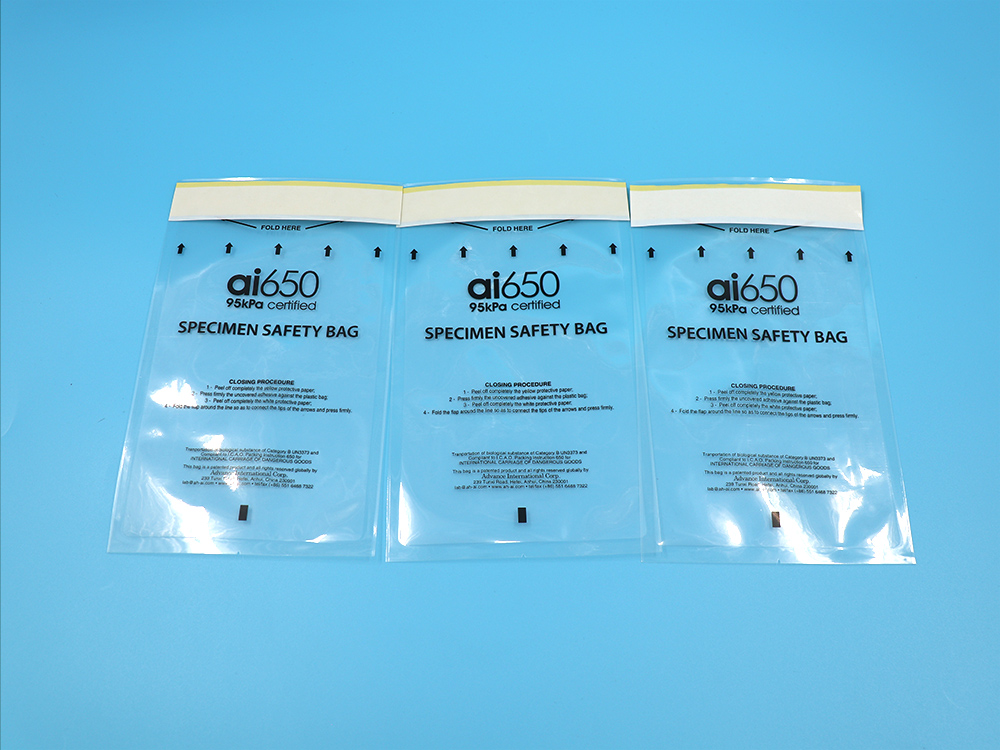Treat Soil Samples Right for More Accurate Fertilizer Prescriptions
Studies show storage of soil sample & sample bag type affect soil health test results
How soil samples are treated after they leave the field can have dramatic effects on soil test accuracy,
according to studies in Oklahoma and Kansas.
Inaccurate tests can lead to both under and over fertilizing crops, particularly if sampling takes place
when conditions are higher than 80 degrees
Recent Kansas State University (KSU) research by soil fertility specialist Dorivar Ruiz-Diaz showed
significant changes in soil test nitrogen (N) credits occurred between refrigerated and unrefrigerated
samples over a 14-day storage period.
“Soils are home to a diverse population of microorganisms, many of which help decompose crop residue and cycle nutrients in the soil,” Ruiz-Diaz says.
“This nutrient cycling is crucial for crop production but can skew soil test results if it continues in soil samples after they have been collected.”
The N cycle in the soil is particularly complex and is strongly influenced by microbial activity and, therefore, temperature and soil moisture conditions.
During the process, N contained in the organic matter undergoes several transformations, ultimately converting it to plant-available ammonia, also known as mineralization.
Ruiz-Diaz says microbial activity conditions continue as long as temperatures and moisture levels are conducive to their activity.
As a result, soil tests for plant-available N have the potential to change substantially if samples are not handled correctly.
This is important because such tests are used to determine the profile-N credit and, ultimately, adjust N fertilizer recommendations.


No responses yet